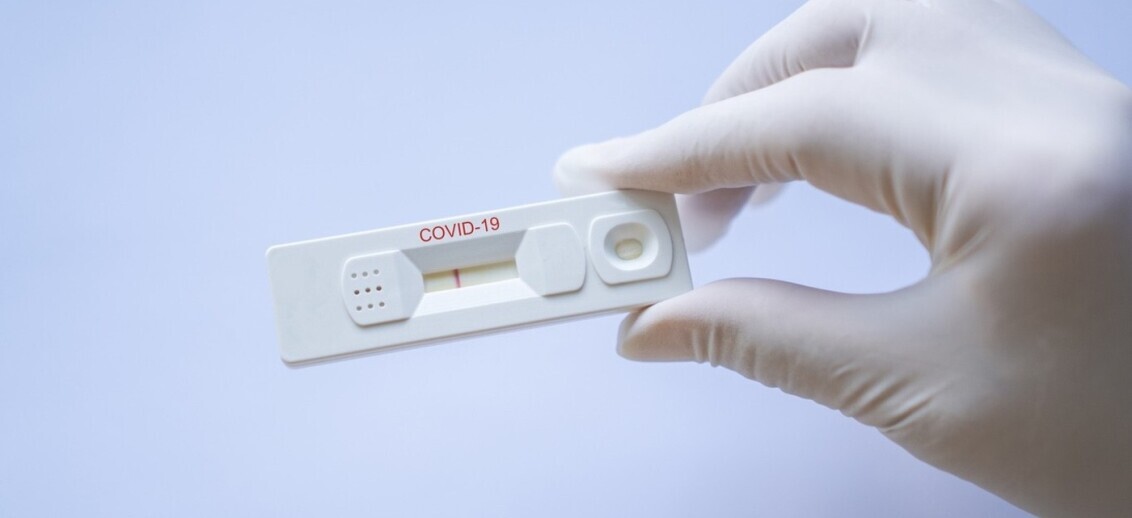Yesterday, the EEOC updated its Covid-19 guidance for employers to address whether it is permissible for employers to require employees to be tested for Covid-19 as a condition of reporting to work. The EEOC stated that required testing is permissible, reasoning that such testing is job-related and consistent with business necessity and that an employee with Covid-19 would pose a direct threat to the workplace. For these reasons, the EEOC concluded that employers may require such testing before allowing employees to enter the workplace (in addition to continuing use of social distancing and related measures).
The EEOC cautions employers to first “ensure” that required testing is reliable and accurate. To that end, the EEOC suggests that employers consult FDA, CDC, and other public health agency guidance on this subject.
At the present time, Covid-19 testing is not something most employers are going to be in a position to provide to employees, but there are some employers who are doing so, and that number is expected to increase. Whether or not to test is one of many issues employers will have to consider in reopening their workplaces. The EEOC previously approved of required temperature checks of employees entering the workplace, and many counties have issued orders requiring employers to provide or require masks and to adopt and follow various social distancing protocols. Some orders even require employers to permit their employees to wash their hands every 30 minutes. There likely is not going to be a one-sized fits all approach for employers to follow, but it is clear that all employers need to implement a safe workplace plan for their unique workplace.
It is also important for employers to remember that issues like required testing, temperature checks, and/or required use of masks raise additional compliance issues for employers. One of the most significant issues, from a litigation risk management perspective, involves compensability of time spent in required testing/temperature checks and expense reimbursement for protective equipment such as masks. Both California and federal law generally require that time spent waiting for and undergoing required medical testing must be treated as compensable hours worked (and this is the case whether the testing is done during normal work hours or outside of such hours). Similarly, California law requires employers to reimburse employees for equipment needed for the job. That will include protective equipment such as masks. Federal OSHA law has a similar requirement for personal protective equipment. Expense reimbursement issues are trickier where employees are supplying their own masks, particularly where those masks are personal clothing items that have been transformed into a mask. Normal clothing items generally are not considered items that an employer has to pay an employee to use. However, if an employee is purchasing items to make a mask, employers may need to reimburse those costs if the employer requires the use of a mask in the workplace.
Another issue employers need to consider is confidentiality of medical information and compliance with California’s privacy law, the CCPA. If employers are collecting personal information about employees (temperatures, Covid-19 test results), the employer must store such information in a confidential file. Additionally, California employers need to ensure compliance with the CCPA, which is a new law requiring employers to give employees advance notice of personal information the employer collects and the purposes for which it will be used. Such notice has to be provided before collecting the information. If an employer is going to collect Covid-19 related health information, that subject should be included in the CCPA notice given to employees prior to collecting the information.
Finally, employers need to bear in mind general OSHA principles and what it means to provide a safe workplace. There is a lot of gray in this area for employers moving forward. Will the fact that some companies are doing health screenings (temperature/symptom checks and/or Covid-testing) be used as the yardstick for providing a safe workplace, and be used against employers who do not (and cannot, from a feasibility perspective) implement such measures? OSHA has not issued guidance requiring Covid-testing or even masks (for most employers), but employers should keep this concept in mind as they consider the best route and precautions for reopening their workplaces.


